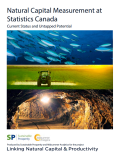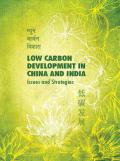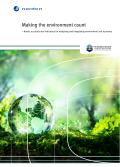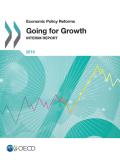

With the recognition on the importance of partnership and collaboration to tackle climate change, the project on Low Carbon Development for China and India seeks to understand learnings on options, barriers and success stories on implementability of policies and programmes promoting low carbon development in China and India.
Based on an understanding of similarities and differences between China and India, in 2012, The Energy and Resources Institute of India (TERI), National Center for Climate Change Strategy and International Co-operation, Central University of Finance and Economics and Zhejiang University launched one of the first collaborative efforts between research institutes in China and India on low carbon development. The intended outcome of the project is supporting policy development by facilitating south-south cooperation, creating relevant knowledge and building capacities.
This policy brief assesses methodologies and tools against a variety of criteria, including their capacity to support one or more stages of the integrated policymaking cycle with a focus on Africa’s specific context, to guide policy makers and technical experts in their selection. It classifies methodologies and tools as either ex-ante or ex-post. Ex-ante tools and methods support planning and choices during agenda setting, formulation, decision-making and, to some extent, in the implementation phases of the policy cycle. Ex-post tools support assessment during policy evaluation to establish performance with respect to inclusive green economy outcomes and impacts.
The French version of the policy brief is available here.

In 2013, the Nordic Ministers for the Environment decided to strenghten the measurement of green estimates of welfare and socio-economic developments. The report Making the Environment Count is describing how statistics on the environment and the economy thorugh the System of Environmental-Economic Accounts can be used to enable cross-sectorial analysis. The report proposes indicators that can be compiled annually in a Nordic context through existing statistics linking economic statistics to environmental statistics.

Going for Growth is the OECD’s regular report on structural reforms in policy areas that have been identified as priorities to boost incomes in OECD and selected non-OECD countries (Brazil, China, Colombia, India, Indonesia, Latvia, Russian Federation and South Africa). Policy priorities are updated every two years and presented in a full report, which includes individual country notes with detailed policy recommendations to address the priorities.The next full report will be published in 2017.
This interim report takes stock of the actions taken by governments over the past two years in the policy areas identified as priorities for growth. This stocktaking is supported by internationally comparable indicators that enable countries to assess their economic performance and structural policies in a wide range of areas.
